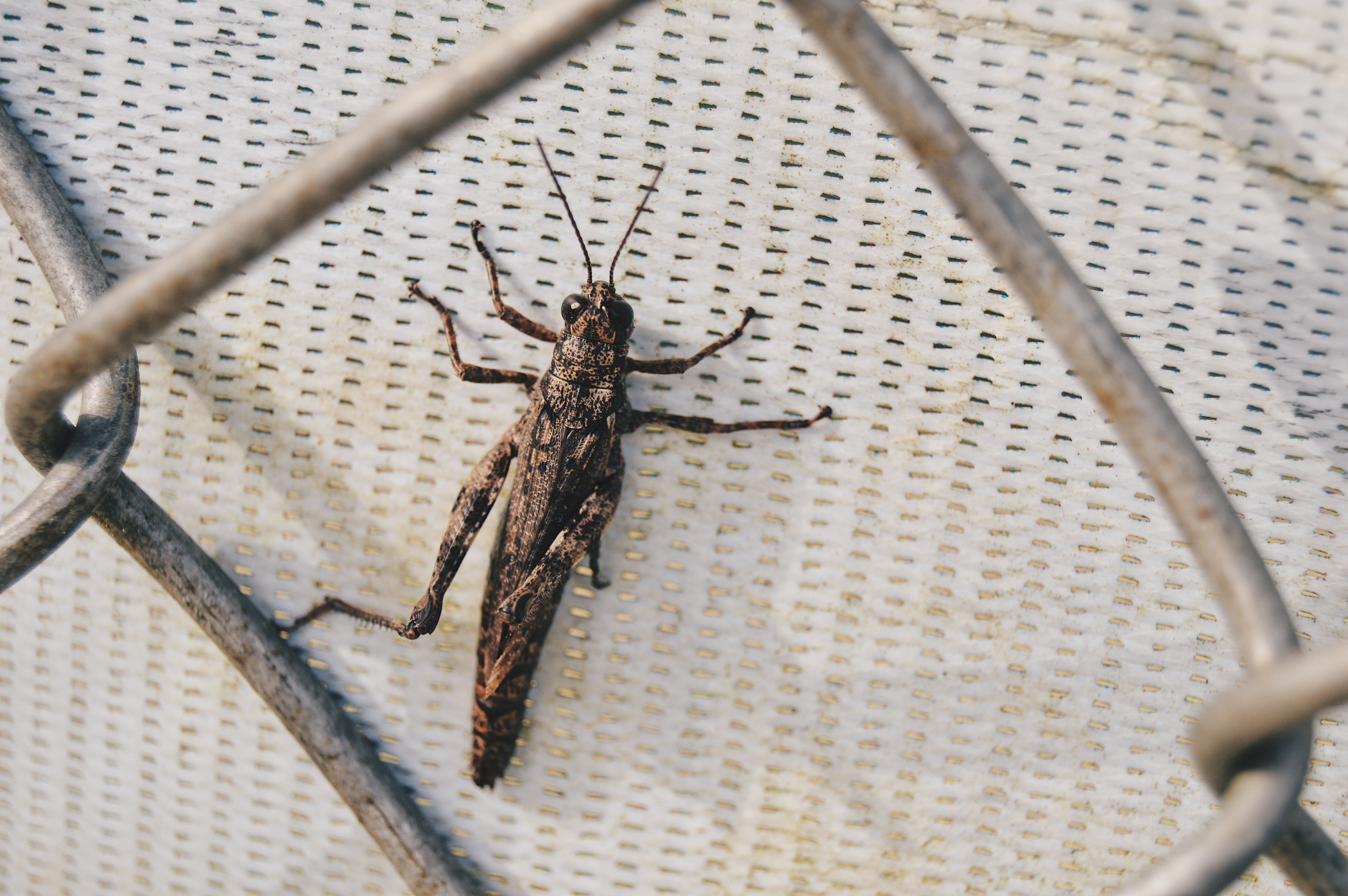
18 Aug How Healthy Are “Edible Insects” Really?
How Healthy Are “Edible Insects” Really?
In an age where meat-based produce is becoming more and more scarce and worse for the environment, can people that eat insects benefit more in a healthy manner, than a meat-eater would?
You wouldn’t exactly think that insects would be a very edible choice of food, but surprisingly there are over 1,000 to 2,000 estimated species of insects that are edible, according to a 2009 study by Julieta Ramos-Elorduy. More and more people are opting to eat insects, but other countries such as China, Brazil and more have been eating insects on the norm for an extremely long time. Mexico is specifically a big advocate for insect eating, as people eat “Escamols” after their supper. Escamols are typically ant larvae, or eggs cooked in butter and are said to have a consistency very similar to the likes of cottage cheese. There has been a social taboo in first world countries for a long time, but we’ve become more lenient with the fact that maybe they are just a bit beneficial for us through recent studies and introductions of the foods in big supermarket chains.
Crickets are full of protein, with a comparable amount of protein being shared with none other than soya beans. As well as this, they provide high amounts of fibre and vitamins and minerals such as B12 and Vitamin A. Other insects like mealworms and locusts provide lots of iron, but only give half of the nutrients needed from other foods like meat, except iron.
Just recently, London-based department store, Selfridges & Co, released their “edible” range of foods, including the likes of dark chocolate-covered giant ants and more. Sainsbury’s also became the first UK supermarket to openly stock edible insects in over 250 of its own stores. According to The Independent, the global edible insect market is set to reach past $522 million (£406 million) in 2023. For just £1.50, you can pick up a pot of BBQ Crunchy Roasted Crickets in a Sainsbury’s store.
It’s not all sunshine and rainbows, however. Some people think that the mass consumption of insects can lead to overexploitation of certain species when eaten according to an article written in 2017, by Forbes Magazine. Another simple reason why eating insects could be bad for you, is simply because you may be allergic to them. If you have an allergy to bees/wasps etc, you could be in big danger by eating insects. Bacteria you could contract from certain edible insects are also a negative factor.
Whether or not eating insects sounds up your alley or not, it seems like the future of how we ingest food might be going towards a insect-based future. Sustainably, this seems like the right way to eat food compared to other meat products. Maybe we’ll see containers full of edible bugs everywhere in all our local supermarkets in the very near future.
(The “Edible Insects” VT was presented by myself, but created in a team effort also by Yasser Iqbal, Izabel Rose and Hannah Crowe.)
(The audio snippet was produced by myself and used royalty-free radio jingles from archive.org)

